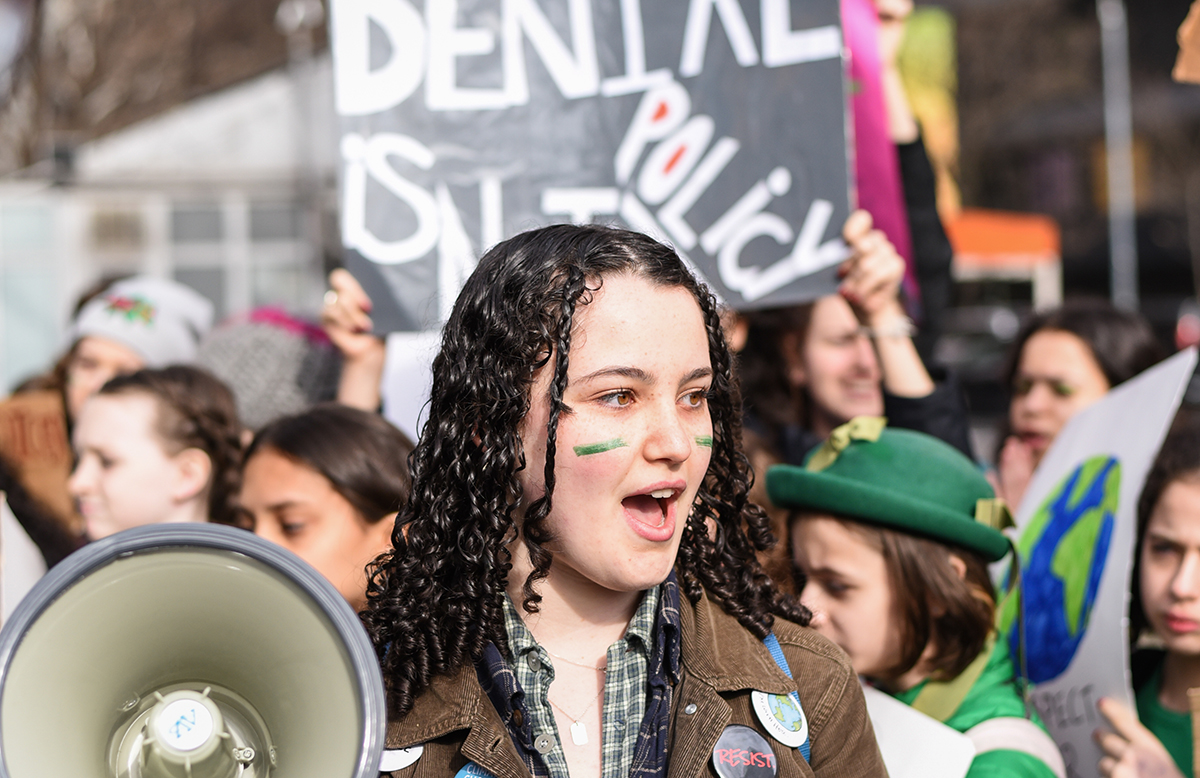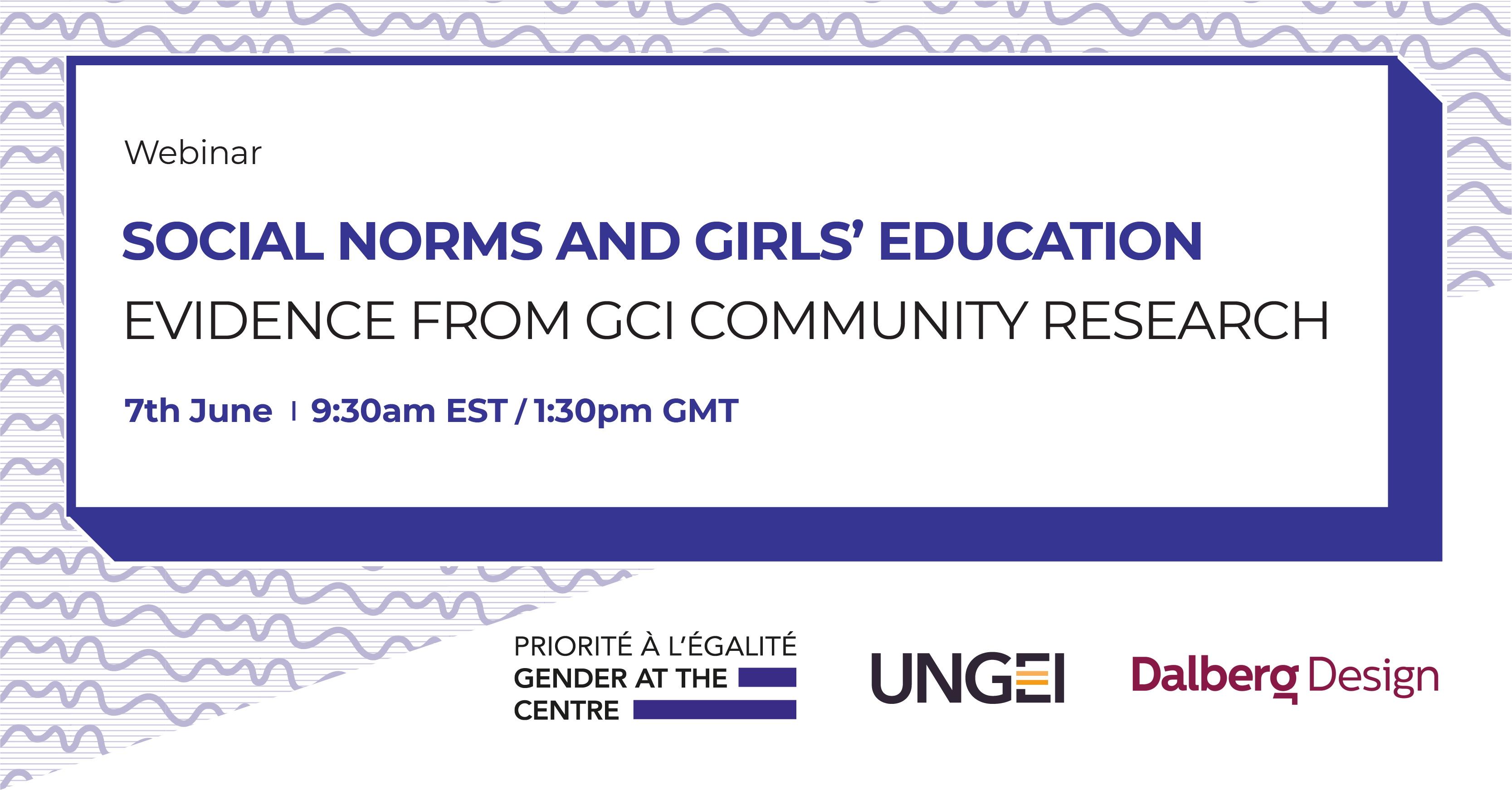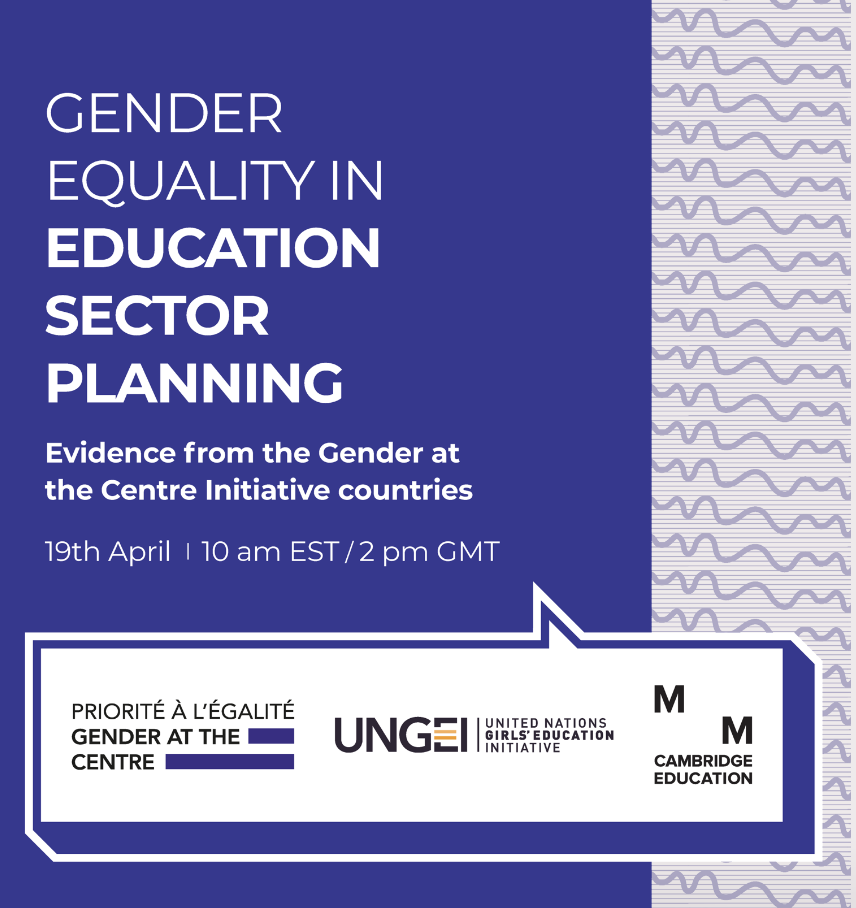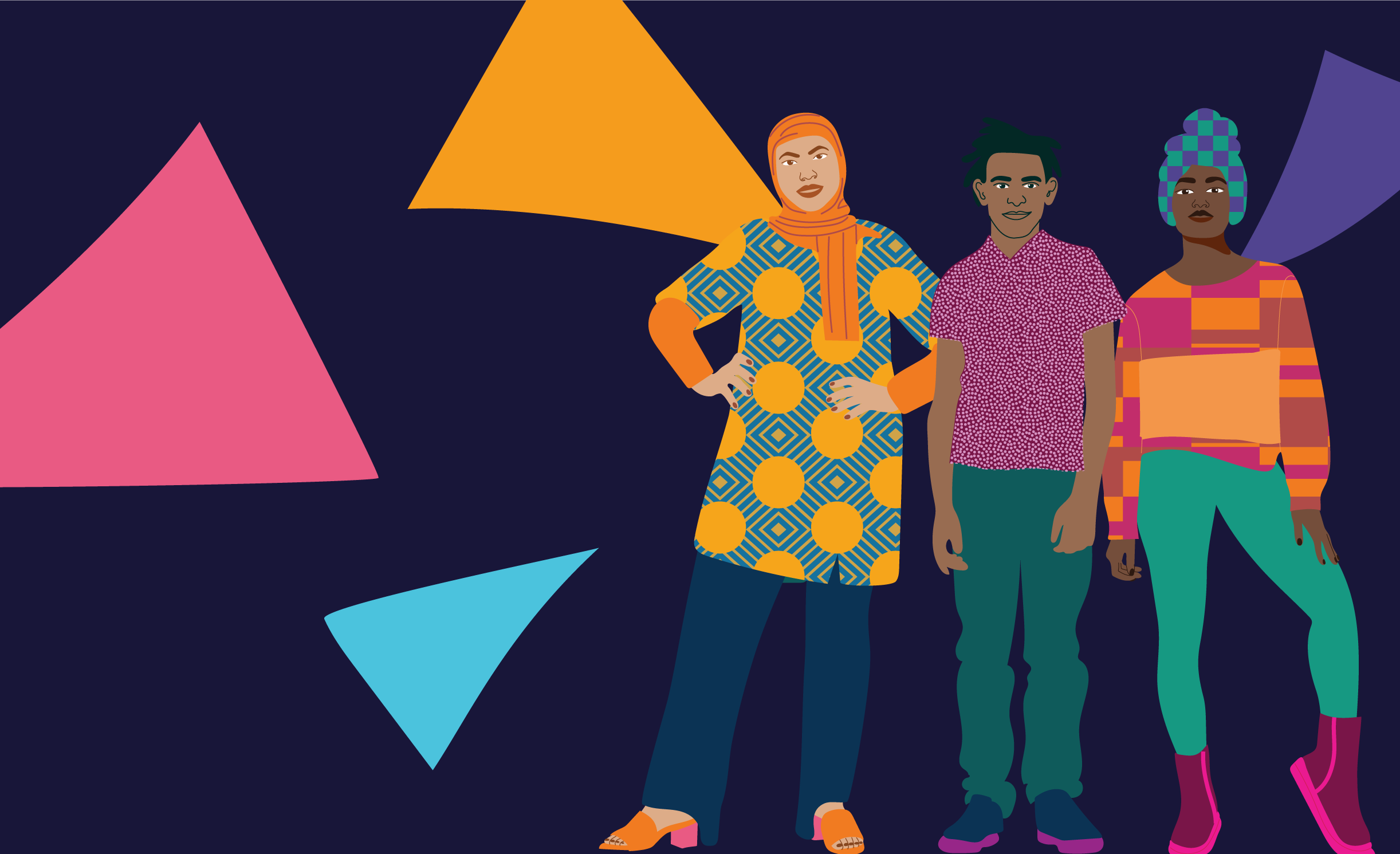The fight for women’s rights is centuries old, with movements of all different shapes and sizes spanning generations of activists from every country across the globe. One thing that has remained constant, however, is the centrality of education in driving progress for the rights of women and girls.
This International Women’s Day, we celebrate the collective power of actions, protests, movements, debates, and disruptions, within and beyond the gaze of the world’s media. We celebrate every effort by women and girls through the generations to lay the foundations upon which we can build a more gender equal world in and through education.
Today, we honour these women for their bravery, resilience and indefatigable passion to #Educate4Equality. We stand with them, reflecting upon how far we’ve come, and how far we have yet to go.
Beijing Platform for Action: taking stock 25 years on
This year marks 25 years since the adoption of the Beijing Declaration and Platform for Action (BPfA) — the most progressive blueprint for advancing the rights of women and girls ever agreed. A product of the tireless efforts of activists worldwide, it places education at the heart of the gender agenda.
Education is a human right and an essential tool for achieving the goals of equality, development and peace. Non-discriminatory education benefits both girls and boys and thus ultimately contributes to more equal relationships between women and men.
In line with the BfPA, today the constitution of 90 countries prohibits gender discrimination in education. In 2015, 193 countries committed to the 2030 Agenda for Sustainable Development, including SDG 5 to “achieve gender equality and empower all women and girls”, and SDG4 to “ensure inclusive and equitable quality education and promote lifelong learning opportunities for all.”
While these commitments can provide the political space and momentum for accelerating the pace and scale of change, we all know that actions speak louder than words. The critical question therefore concerns how international frameworks are translating into tangible outcomes for gender equality in and through education.
Counting girls in classrooms is not enough
A new report, A New Era for Girls: Taking Stock of 25 Years of Progress, from UNICEF, Plan International, and UN Women indicates that there have been significant gains for women and girls in education over the past two decades.
Today, nearly two in three girls are enrolled in secondary school compared to one in two in 1998, and two in three countries across the world have achieved gender parity in primary education.
Yet, in spite of the gains, over 130 million girls across the world are currently out of school. And, at current rates of progress, not until nearly 2050 will every girl be enrolled in primary school.
Where girls do make it through the school gates, too often they are the first to drop out, the first to be failed by the system.
Gender parity in education enrolment is simply not enough to deliver the gender outcomes the world needs.
For example, in sub-Saharan Africa, of those girls who are in school more than 70 million — or 90% — will not meet minimum proficiency levels in reading by the time they complete primary education, compared with 85% boys. And of those who make it to secondary school, too many are not receiving the quality or type of education needed to compete in the labour force. In fact, worldwide, nearly one in four girls aged 15–19 years is neither employed nor in education or training, compared to 1 in 10 boys of the same age. At the extreme margins of society, millions upon millions of these girls face the perils of early marriage, pregnancy and abuse.
These huge gender gaps show that gender parity in education enrolment is simply not enough to deliver the gender outcomes the world needs. We need gender equality in education, to drive gender equality in society.
A shared vision: gender equality in and through education
Advancing gender equality requires a radically new and gender transformative approach to education. For gender equality in education is not only about getting girls into school and ensuring they remain in school for a certain amount of time, but it’s about what happens when they get there to enable them to benefit equally from the opportunities provided and drive progress towards a more gender equal world.
When we achieve gender equality in education, girls are free from violence in and around schools. They see themselves in textbooks as entrepreneurs, computer scientists and prime ministers as much as flight attendants, nurses and caregivers. They have the equal attention and expectations of their teachers that they will perform in all subjects, and succeed. Along with boys, they learn about issues that marginalise women and girls and are empowered to challenge the harmful norms and forms of discrimination that perpetuate gender inequality.

Empowered by education, girls are an unstoppable force
2020 is set to be a milestone year, with a new phase of activism taking shape through the global coalitions now forming to tackle barriers and unlock opportunities to accelerate progress for gender equality. This year also marks the 20th anniversary of the launch of the UNGEI partnership and, with this, a renewed commitment to collective action for girl’s education and gender equality.
The story of the women’s movement shows that education is an engine driving progress for gender equality. Empowered by a quality education, girls and women are a force for unstoppable change. Yet, only when all girls are in school and learning can the transformative potential of education be fully realised.
Now is the time for the rising generation of girls and young womxn to lead this work. We must join forces with the women’s movement to share knowledge, experiences and ideas to help realise our vision of gender equality in and through education. Never has the urgency and importance been greater.
Uniting across the world to #Educate4Equality
Today we are launching a new campaign, #Educate4Equality, through which we will explore how together we can transform education, championing specific interventions to drive progress in each of the action areas identified by the global community as key to advancing gender equality.
In the spirit of solidarity, we invite you to reach out to a fellow womxn working in this space in order to learn, share and co-create together. May she be of a different generation, world region and lived experience. Only by uniting across generations, nationalities and backgrounds can we together #Educate4Equality.



 English
English العربية
العربية Български
Български Hrvatski
Hrvatski Čeština
Čeština Dansk
Dansk Nederlands
Nederlands Suomi
Suomi Français
Français Deutsch
Deutsch Ελληνικά
Ελληνικά हिन्दी
हिन्दी Italiano
Italiano Română
Română Русский
Русский Español
Español Maltese
Maltese Zulu
Zulu አማርኛ
አማርኛ